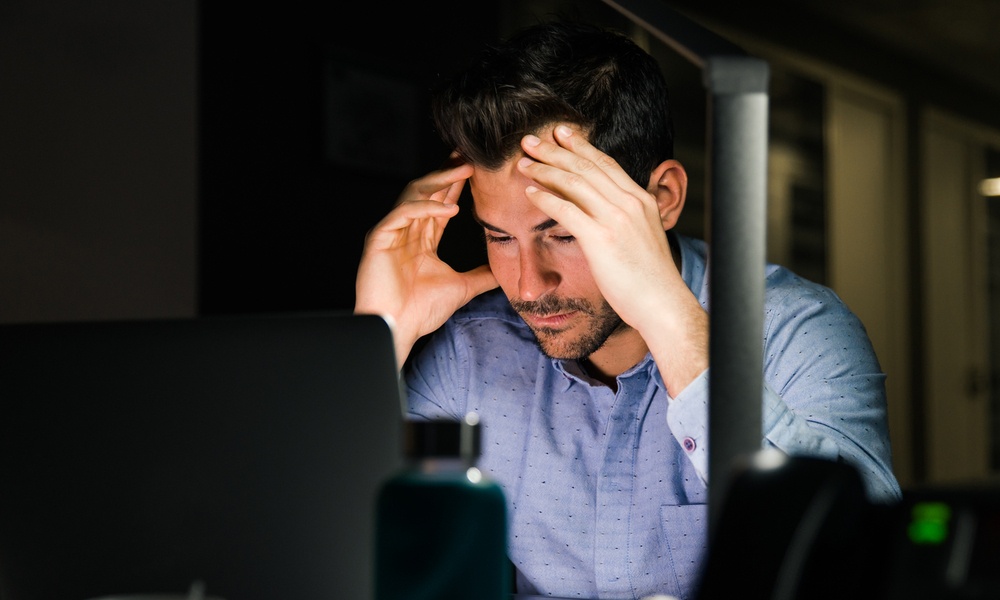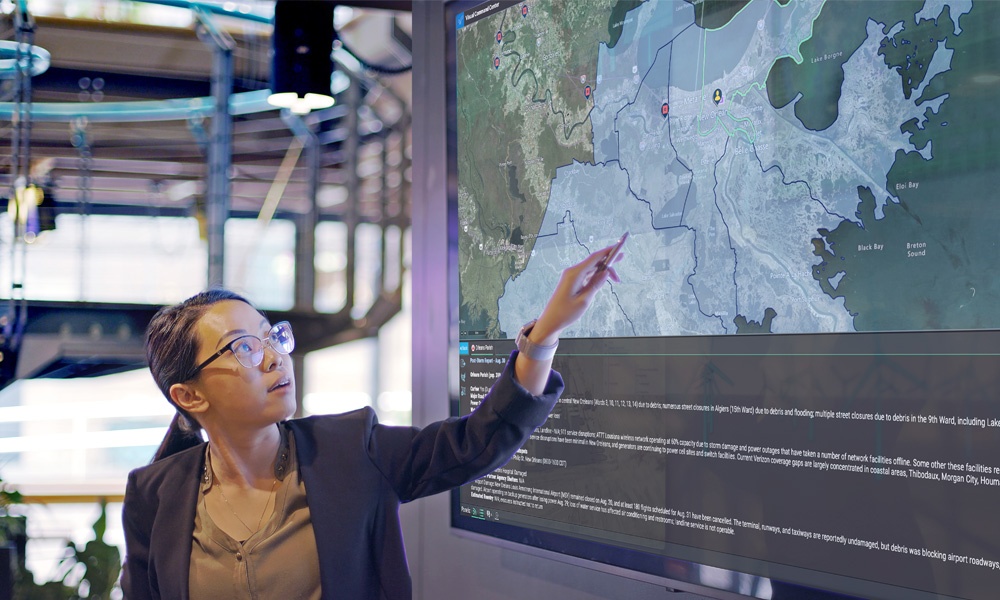Blog
How hospitals can use social media during an emergency
86% of patients conduct health related searches online and on social media before scheduling a doctor’s appointment. However, the majority of information out there could be misleading or false. In just an example, studies show up to 80% of the searchable information on diabetes is inaccurate. Social media is everywhere, and will target you whether your healthcare facility has a presence or not. Janet Kennedy, Certified Marketing Director and founder of the Healthcare Marketing Network, says “If you’re not providing the content on your own, in your practice, or in your hospital, you should have vetted sources that you can support and direct patients to as opposed to just broad Google searches.” Beyond patient interactions and HIPAA laws, having social media policies for everyday use, employee and administrative use, and for crisis communication is key to a successful social media program. Once these policies are developed, there should be training offered on an annual basis to support them. “If you don’t have a policy, it’s very hard for everyone to understand the basic rules, because everyone’s interpretation of social media could be different,” says Kennedy. When creating policies, everyone needs buy-in. Legal needs to review them from a risk analysis perspective. Executives need to support the initiative and commit to the idea of social media. Crisis teams need to add their viewpoints in case a critical event occurs in or around your facility. Finally, human resources needs to be involved to implement an escalation process in case issues related to social media arise.
Social media and disaster response
Regular auditing of the policies and regular employee training will ensure your procedures go as planned if a critical event occurs. “Be very clear and have examples of what is or isn’t appropriate language. Explain the escalation process. Make sure you have language that says “In the event of a weather, medical, individual crisis, here’s what’s going to happen and what we do and don’t want you to say,” Kennedy states. Set your staff up to win, not fail, on social media by illuminating the negative while focusing on the positive impact social media will have on your facility. The best piece of advice Kennedy can give is: “If you don’t want it to appear on the front page of the New York Times, don’t say it on social media.” Since social media can connect you with virtually everyone in your community, be aware this could have a downside when it comes to hoaxes, bomb threats, and how the community responds to a critical event at your facility. Since social media is a real-time platform, misinformation could go viral in an instant. If your facility is not on social media, you do not have control of your own story; others are spreading a story about you and you are unable to confirm, deny, or spread instructions during a critical event. Our on-demand webinar provides a striking example of two hospitals, one with an active social media account and one with no social media account at all. When both hospitals faced an active shooter situation, the connected hospital contributed to keeping people calm and helping people with updates while the other hospital sat helplessly and watched the news spin away with inaccuracies and fear. The Everbridge Platform allows you to post to social media from within it. You can manage everything from your desktop, and post to multiple channels at once. Because of the internal tracking, you can easily pull reports after the incident detailing your posts which is required for CMS Emergency Preparedness Guidelines and also useful if members of your community would like reports to do a post-event assessment. To hear Janet Kennedy speak more on the benefits of social media at healthcare facilities, watch our free on-demand webinar now. You can also test out our social media integrations during a crisis situation in the Everbridge General Hospital.


